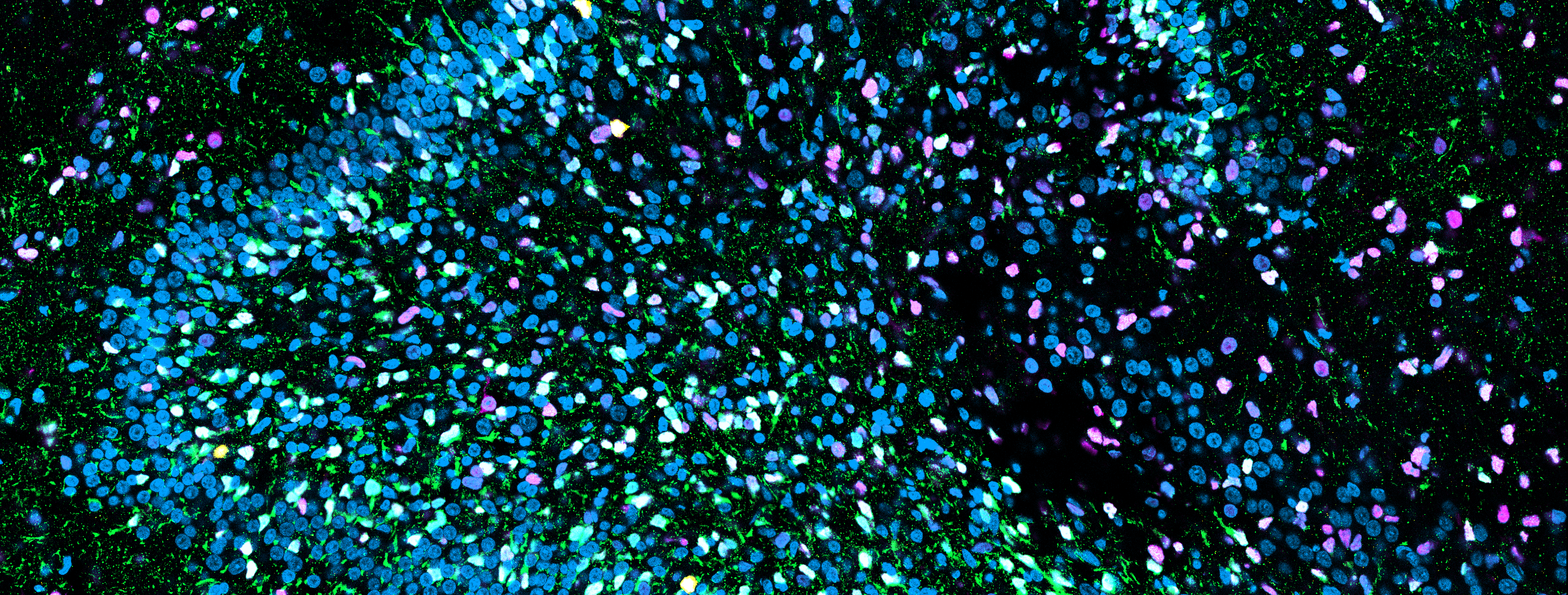Speaker
Description
The advent of three-dimensional (3D) biological models, particularly organoids, has revolutionized biomedical research by providing physiologically relevant in vitro models that mimic the complexity of human tissue and organs, samples that may not be routinely available to study. Amongst the fields more impacted by this revolution is neuroscience, thanks to the development of several protocols of brain organoids resembling cell types from different regions of the brain. These models can be produced in large quantities by individual researchers from multiple patients’ hiPSC lines or to test several conditions in parallel. Given the peculiarities of organoid models, such as the heterogeneity of cell types and their spatial patterning, their characterization often necessitates imaging-based immunophenotyping or transcriptional characterization via RNA fluorescence in situ hybridization (RNA-FISH). However, researchers lack access to automated systems, and high-content screening equipment requires accessible, off-the-shelf, open methodologies to facilitate and accelerate sample acquisition and analysis. In this study, we introduce OPEN-array, a user-friendly and cost-effective pipeline designed to enhance the throughput of array-wise histological characterisation, from the automatic identification of organoids’ position on the array up to nuclei segmentation and the measurements of morphological and intensities properties.
We demonstrate its use by analysing microarrays of cortical brain organoids (CBO) exposed to GSK343 and XAV939 at two different concentrations and their combinations, with the goal of identifying markers of an enhanced maturation in the exposed organoids with respect to a previously established protocol for CBO generation.
| Author(s) | Alessia Valenti*1,2, Dario Ricca1, Oliviero Leonardi1,2, Aurelio Ortale3, , Claudio Maderna1, Lorenza Culotta1, Luciana Isaja1, Narges Yahyazadeh1, Giuseppe Cammarata1, Emanuele Villa 1,2 and Giuseppe Testa1,2 |
|---|---|
| Affiliation(s) | 1 Human Technopole, Viale Rita Levi-Montalcini 1, 20157, Milan, Italy 2 Department of Oncology and Hemato-Oncology, University of Milan, Via Santa Sofia 9, 20122, Milan, Italy 3 Friedrich Miescher Institute for Biomedical Research, Fabrikstrasse 24, 4056, Basel, Switzerland |

